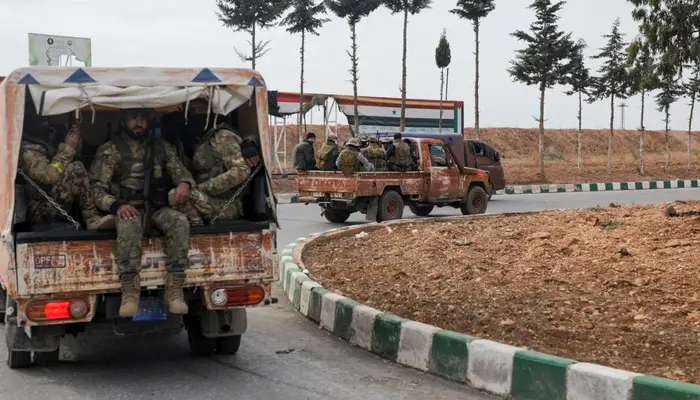
The Assad regime in Syria faces an unprecedented threat as U.S. officials increasingly believe it could fall within days. This rapid shift in power, driven by a swift rebel advance, marks a significant moment in Syria’s prolonged civil war. If realized, the fall of Bashar al-Assad’s government would end over 14 years of rule.
Rebel Advances Shake Assad’s Stronghold
In just over a week, Syrian rebels have seized control of key cities, including Aleppo, Hama, and Idlib. Their advance now brings them closer to Damascus, the capital. Reports suggest that regime forces have retreated or abandoned their positions in several areas, particularly in regions with weak support for Assad’s government.
The Biden administration has been closely monitoring these developments, acknowledging the increasing possibility of a regime collapse. A senior U.S. official noted that Assad’s forces lack cohesion, leaving them vulnerable to rapid territorial losses.
Limited Resistance and Strategic Challenges
The rebels, led by Hayat Tahrir al-Sham (HTS), a U.S.-designated terrorist group, have capitalized on the regime’s disarray. Their progress has been facilitated by minimal resistance in regions historically opposed to Assad’s rule. However, the critical test will be whether regime forces can defend Damascus.
The situation has unfolded so quickly that U.S. intelligence appears caught off guard. This follows past misjudgments in Afghanistan and Ukraine, prompting a broader review of how the “will to fight” is assessed among foreign militaries.
Global and Regional Implications
The potential collapse of Assad’s regime comes at a time when his key allies, Russia and Iran, are preoccupied with other crises. Russia remains bogged down in its war with Ukraine, while Iran faces setbacks following Israeli strikes on its regional proxies. This has left Assad without significant external reinforcements, creating an opportunity for rebel forces to launch their offensive.
Turkey’s role remains ambiguous. While it has not overtly supported the rebels, U.S. officials believe Ankara may have allowed the operation to proceed.
Meanwhile, the U.S. administration remains focused on safeguarding its troops stationed in Syria, primarily involved in anti-ISIS operations. A key concern is the security of Assad’s chemical weapons stockpile, which includes deadly agents like chlorine and sarin. The international community fears the weapons could fall into the wrong hands.
Uncertain Future for Assad
As the rebels encircle Damascus, Assad’s options for escape narrow. Analysts speculate he could seek refuge in Moscow or Tehran, but his Alawite stronghold in Latakia might offer temporary respite.
The rapid developments in Syria signal a pivotal moment in the region’s balance of power. As the U.S. prepares for a presidential transition, the incoming administration faces critical decisions on whether to intervene or adopt a hands-off approach. This evolving situation could have far-reaching implications for Syria and its neighboring states.
With the collapse of Assad’s government appearing imminent, the future of Syria remains fraught with uncertainty, raising critical questions about the region’s stability and the potential for renewed violence.












